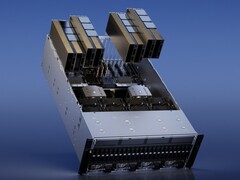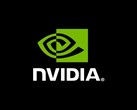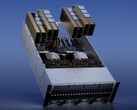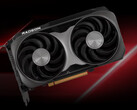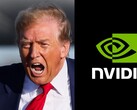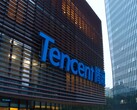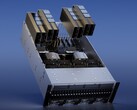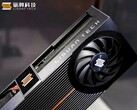Nvidia confirmed that “cybersecurity is critically important” and rejected the idea that any of its products provide remote access or control. The rebuttal came after the Cyberspace Administration of China (CAC) summoned the company to discuss potential risks to user data linked to the H20 artificial-intelligence GPU.
Beijing’s concern is partly a response to draft U.S. legislation that would oblige advanced chips sold abroad to report their location, a measure meant to prevent diversion to embargoed destinations. The episode unfolds shortly after the United States reversed an April suspension on H20 exports that had already been tailored to respect 2023 performance caps.
Technically, the H20 is a cut-down version of the H100 and—unlike fully restricted parts—lacks any hardware tracking module. Industry accounts note that the chip was designed expressly for the Chinese market after earlier U.S. controls tightened.
Analysts disagree on how far China will push the matter. Tilly Zhang of Gavekal Dragonomics argues that the government now sees Nvidia hardware as a bargaining chip thanks to stronger domestic alternatives, while Charlie Chai of 86Research expects mainly symbolic pressure because most Chinese developers remain deeply invested in Nvidia’s CUDA software stack.
Despite regulatory hurdles—including an ongoing antitrust investigation—local demand for Nvidia accelerators remains robust; Reuters reports a recent order for roughly 300,000 H20 units from TSMC. Previous U.S. suppliers such as Micron have faced similar security reviews, underlining Beijing’s broader strategy of leveraging such probes while domestic silicon matures.
For now, the CAC has not outlined concrete counter-measures. Absent a viable large-scale replacement, analysts expect China to keep importing Nvidia GPUs—albeit under closer scrutiny—while accelerating investment in home-grown accelerators from firms such as Huawei, Biren and Cambricon.
Source(s)
Reuters (in English)


